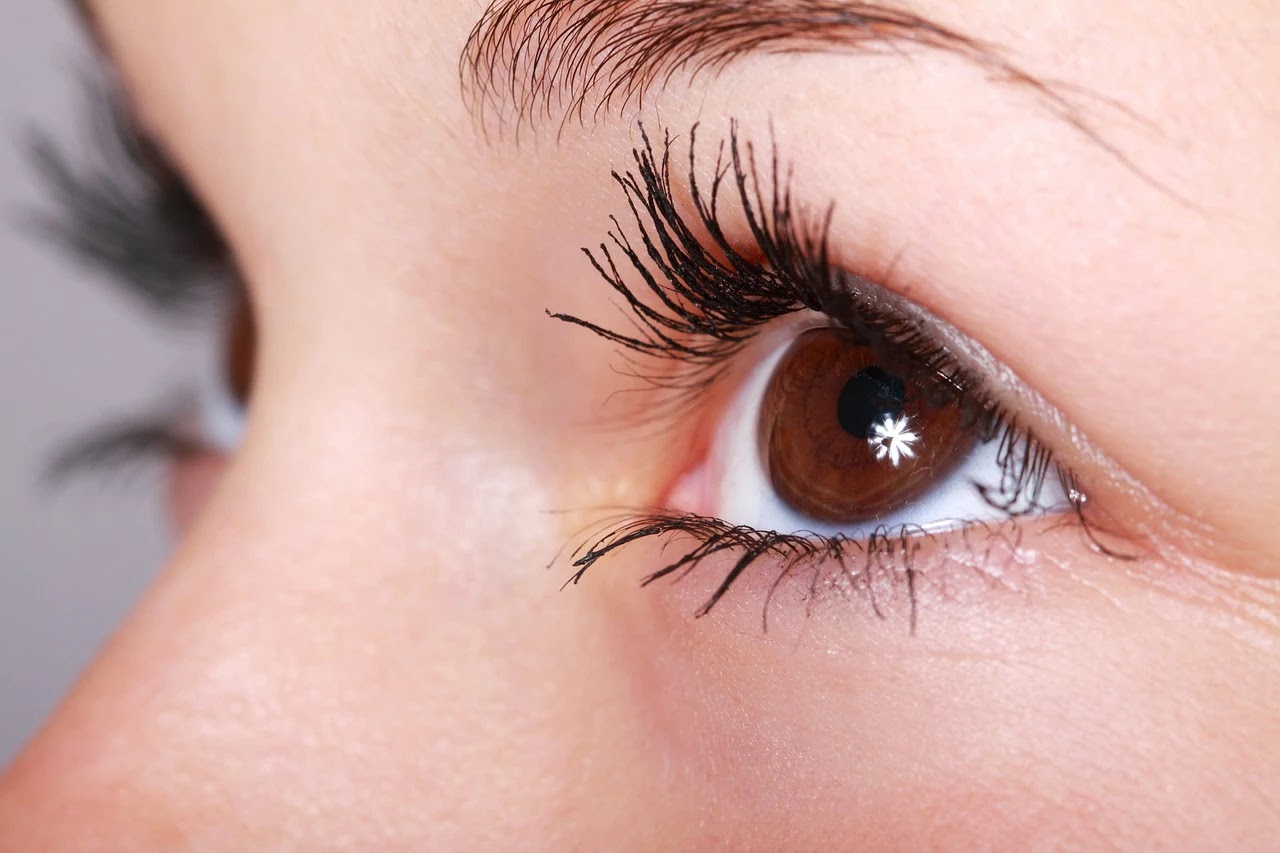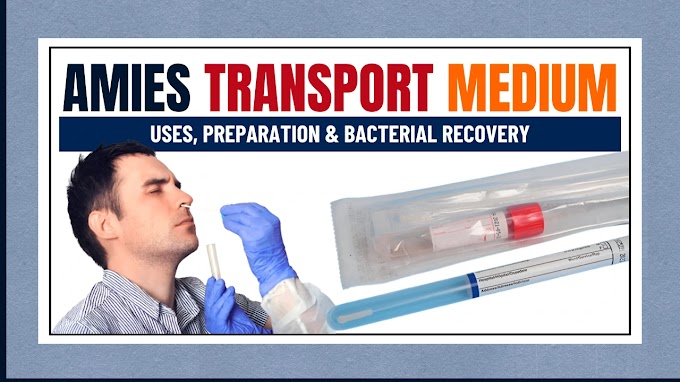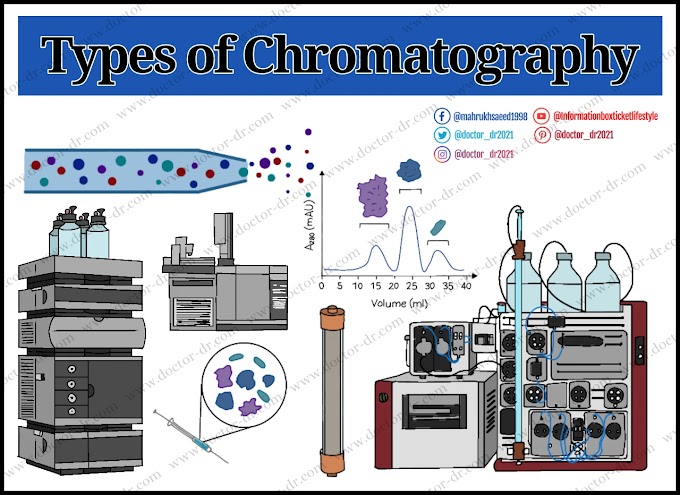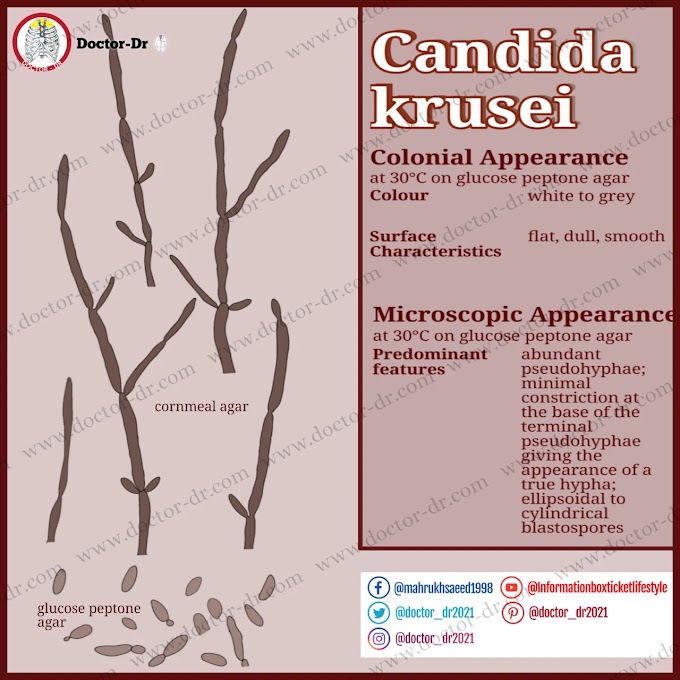Introduction:
Uveitis is an inflammatory condition affecting various parts of the eye, including the iris, ciliary body, and choroid. It can lead to vision loss if left untreated. One common complication of uveitis is macular edema, which is the accumulation of fluid in the central part of the retina known as the macula. The National Eye Institute (NEI), part of the National Institutes of Health, conducted a clinical trial to determine the most effective treatment for persistent or recurrent uveitis-related macular edema. The results of the trial, published in the journal Ophthalmology, suggest that repeat treatment with intraocular corticosteroid injections may be superior to other therapies.
The Study:
The clinical trial enrolled 194 participants with well-controlled uveitis but persistent or recurrent macular edema. These participants had previously received at least one intravitreal corticosteroid injection. The study compared three treatment options: repeat intraocular corticosteroid injections, intravitreal injections of the anti-inflammatory drug methotrexate, or intravitreal injections of the anti-vascular endothelial growth factor (anti-VEGF) drug ranibizumab.
Treatment Outcomes:
After 12 weeks of treatment, all three groups showed reductions in retinal swelling. However, the group receiving repeat intraocular corticosteroid injections demonstrated the greatest reduction (35%) compared to the methotrexate group (11%) and the ranibizumab group (20%). Importantly, only the corticosteroid group showed significant improvement in vision, with nearly five letters of improvement on an eye chart.
Safety Considerations:
While intraocular corticosteroid injections proved to be the most effective treatment option, there are potential side effects to consider. These injections can increase intraocular pressure, which is a risk factor for glaucoma. Additionally, they can lead to the development of cataracts, causing further vision impairment. However, in this study, severe increases in intraocular pressure were infrequent in all three groups.
Conclusion:
Based on the findings of this study, repeat intraocular corticosteroid injections appear to be the most effective treatment for uveitis-related macular edema. The improvements in retinal swelling and vision in the corticosteroid group were significant compared to the other two treatment groups. Although there are potential risks associated with intraocular corticosteroid injections, their benefits outweigh the risks in treating this particular condition. Further research and monitoring are necessary to ensure optimal outcomes and minimize potential side effects.



~1.webp)

.webp)

